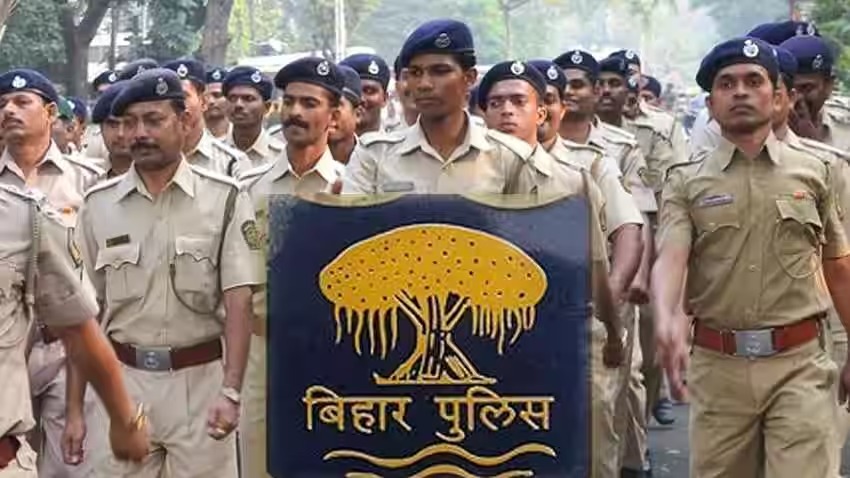Recruitment Rules Tightened in Bihar Police: Criminal History May Cost Job

Patna: The Bihar Police Headquarters has issued a fresh directive aimed at tightening the scrutiny of police recruits from constable to sub-inspector levels. The directive warns that any candidate found hiding their criminal background during the recruitment process could not only lose their job but also face departmental action.
Inspector General (Headquarters) has formally communicated these revised guidelines through a letter addressed to all senior police officers, including ADGs, IGs, DIGs, SSPs, SPs, and other senior administrative officers at the Police Headquarters. The circular lays out 11 key points that must be carefully considered before appointing any candidate.
Mandatory Departmental Inquiry for Confirmed Staff
The circular specifies that if any adverse information emerges about a police officer after they are confirmed in service, a departmental inquiry will be mandatory before issuing an order of dismissal or termination. This move seeks to ensure due process and fairness in all personnel decisions.
Authorities have also been instructed to ensure that verification forms are clear and leave no room for ambiguity. If a candidate deliberately hides or falsifies information, action can be initiated as per rules.
Discretion Allowed in Minor Offences
However, some leniency may be shown in cases involving minor infractions. The letter allows discretion in instances of past convictions for trivial or non-serious offences — such as participation in a protest or sloganeering during youth. In such cases, the appointing authority may decide not to treat the candidate’s history as a disqualifier.
No Obligation to Appoint Candidates with Declared Cases
The directive clarifies that even if a candidate declares pending criminal cases in their application, the appointment authority is not bound to offer employment. The final decision will rest on the nature of the case and its implications on service integrity.





